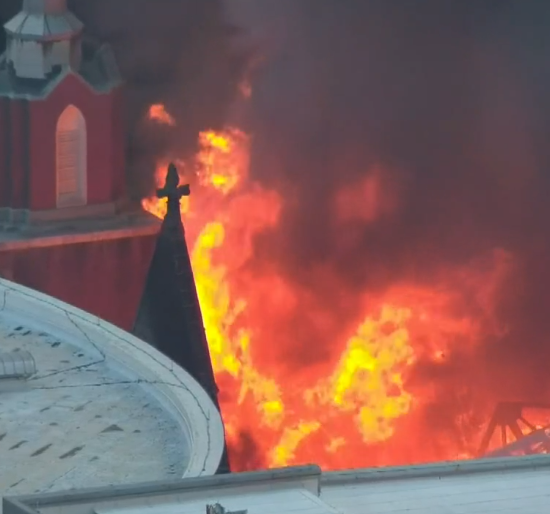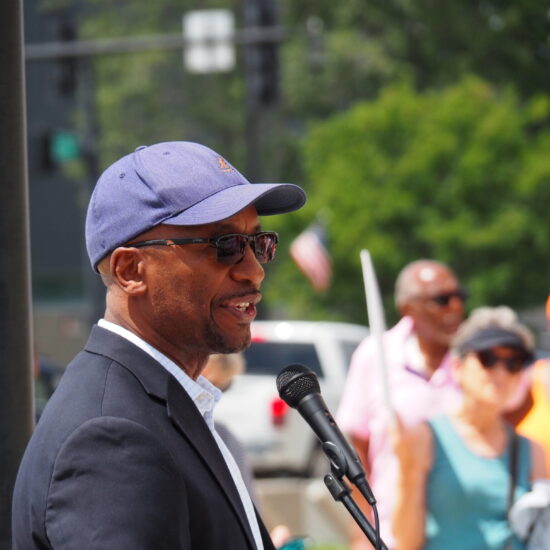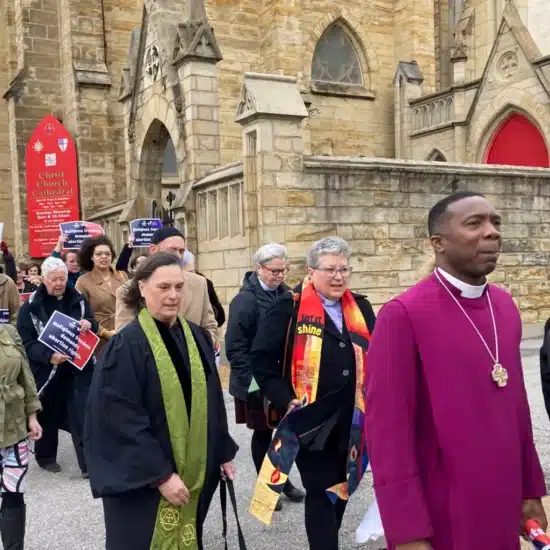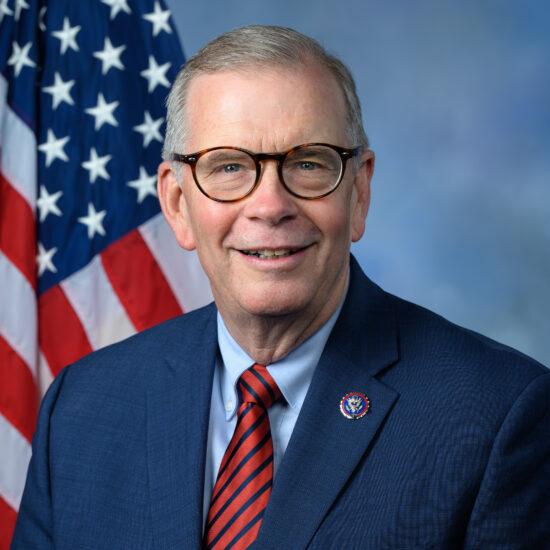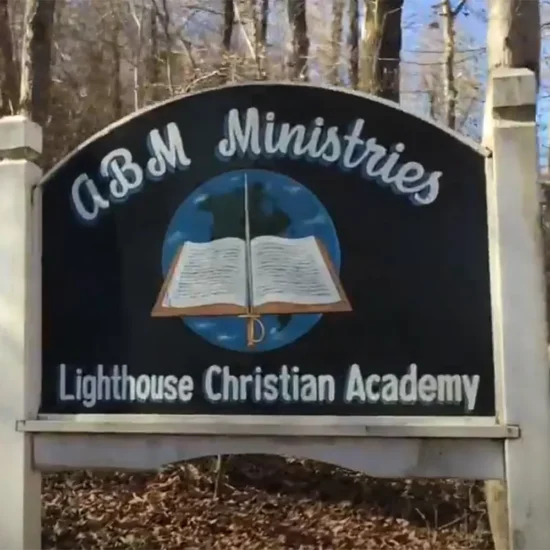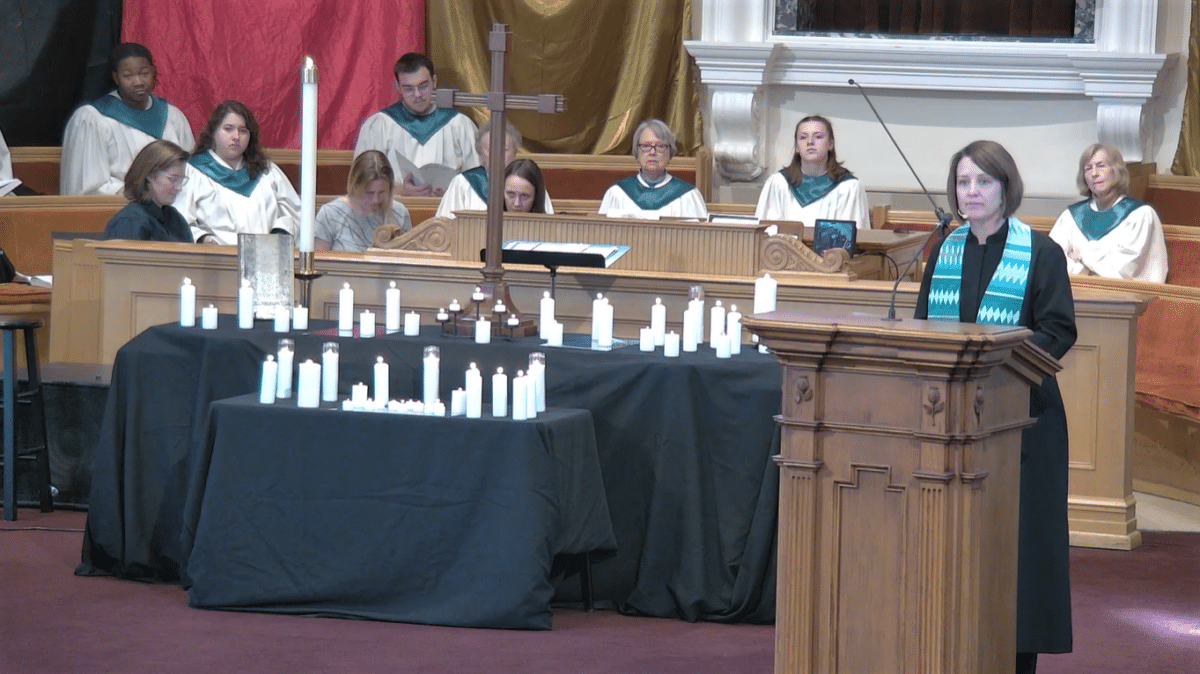
As First Baptist Church in Columbia, Missouri, celebrates its bicentennial, the church dedicated its worship service on Sunday (Oct. 22) to truth-telling and lament regarding its founders who practiced and defended slavery. The church acknowledged that at least 37 of its founders and early members were enslavers. But the focus of the service came as they said the names of 53 of the individuals who were enslaved by church members.
“We recognized that we could not celebrate the lovely aspects of our past without giving an honest account of our church’s historical connections to race-based chattel slavery,” Rev. Carol McEntyre, senior pastor at First Baptist, said at the start of what she told those gathered was “a very important worship service in the life of our church.”
“We gather today to give an account of our racial justice team’s findings about our historical connections to race-based chattel slavery, to lament our church’s involvement in this evil practice, and to commit to continued anti-racism work in the future,” she added. “And we do this not on a Wednesday night or a Tuesday morning, but we do this on a Sunday morning in the context of worship because the grace of Jesus Christ always invites us to be honest — honest about our own sins, honest about our church’s sins. And we do this because we believe in redemption.”
McEntyre pointed out the candles on the communion table that “represent these 53 beloved children of God.” She also noted it only represented some of those enslaved by the church’s founders and early members. Some of the church’s records from that era are missing, not all enslaved persons would have sought membership, and other records from that time did not always mention names of enslaved persons, so the total number of individuals enslaved by people in the congregation would have been larger.
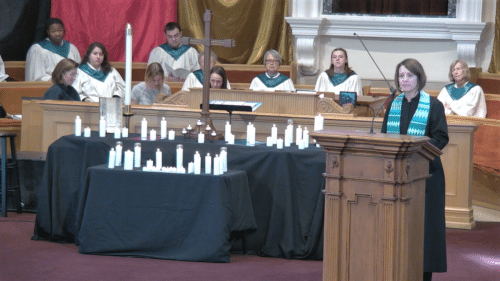
Screengrab as Rev. Carol McEntyre (right) speaks during the service at First Baptist Church in Columbia, Missouri, on Oct. 22, 2023, near 53 candles representing people enslaved by the church’s early members.
In her sermon before the time of honoring those who had been enslaved, McEntyre warned about the dangers of misreading the Bible and overly-spiritualizing the teachings of Jesus.
“The founders of First Baptist Church read the same Bible that we do, but they read it through the lens of White supremacy,” she said. “Our founders spiritualized Jesus’s message of liberation and turned salvation into saving souls and just getting into heaven when you die. They had a distorted and limited view of the gospel of Jesus and hollowed out Jesus’s strong social agenda.”
“Our early church records show no indication that we even debated the morality of race-based chattel slavery,” she added as she noted that when an enslaved person joined the church they were recorded as “belonging to” or “servant of” another person.
McEntyre said one way of judging a church is how its members live after being taught and discipled. The practice of slavery by members and the acceptance of slavery by official church acts demonstrate a moral and theological failure. Thus, she said the service of truth-telling was a way of “confessing our corporate sin.”
“Instead of producing freedom, the gospel message that we disseminated produced bondage,” she lamented. “We take responsibility for our church’s actions and commit to continue the work of racial justice, desiring and working to create a more just and equitable future for all people but especially Black people.”
After her sermon and a litany about the importance of truth-telling, two members read the names of the 53 enslaved individuals as the congregation sat in silence. As each name was read, one candle on the communion table was extinguished. McEntyre connected this to how they put out the Christ candle during their Good Friday service “to commemorate Jesus’s death on the cross and his light, his life being unjustly taken.” She explained they were similarly extinguishing the candles honoring the enslaved individuals to symbolize that “these 53 people were children of God created as divine image-bearers, yet their enslavement diminished their light and the light of Christ within them.”
“Lord have mercy,” McEntyre said after the reading of the names.
The congregation responded, “Christ have mercy.”
NOTE: Below is the part of the service with the reading of the names of the 53 individuals who were enslaved by early members of the congregation.

